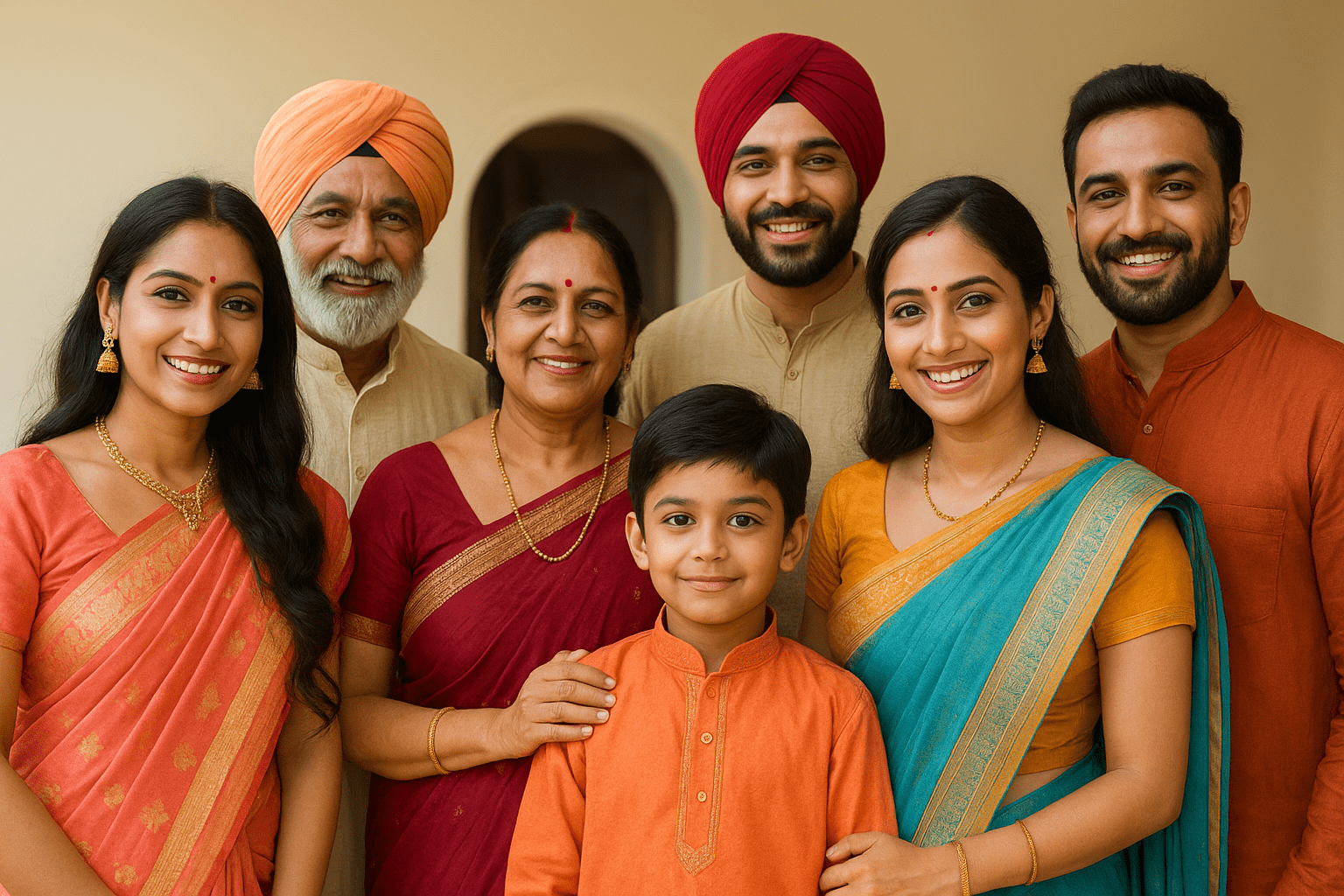
A Celebration of Sacred Love: Exploring Buddhist Wedding Traditions Across India

A Celebration of Sacred Love: Exploring Buddhist Wedding Traditions Across India
Among the many colourful wedding customs of India, Buddhist weddings shine with a quiet dignity and spiritual depth. Rooted in the teachings of Buddha, these weddings are serene, symbolic, and deeply rooted in cultural values. From the snow-touched monasteries of Ladakh to hill towns of Sikkim and the serene valleys of Himachal Pradesh, Buddhist wedding ceremonies carry a simple yet profound beauty that sets them apart from other Indian nuptials.
Core Wedding Rituals in Buddhist Traditions
Buddhist weddings vary by region—be it Tibetan, Ladakhi, or North Eastern—but they all emphasize harmony, mindfulness, and spiritual union. Here are some of the most distinctive features:
- Monastic Blessing: Unlike some wedding styles, Buddhist marriages don’t require a priest but may involve monks who chant blessings and offer guidance on leading a harmonious life.
- The Three Jewels Vow: Couples often pledge to follow the path of the Three Jewels—Buddha, Dharma, and Sangha—as a foundation for their married life.
- Chanting of Sutras: Sacred texts are recited to invoke peace and wisdom, setting an auspicious tone for the marriage journey.
- Simple yet Sacred Venue: Ceremonies are conducted in monasteries or family homes, often adorned with lotus flowers, prayer wheels, and traditional thangka paintings.
- Exchange of White Scarves (Khatas): Instead of rings, the exchange of ceremonial scarves represents purity and goodwill.
Traditional Attire with Spiritual Significance
Buddhist bridal wear reflects the ethnic identity of different regions. In Tibetan-influenced areas like Ladakh, the bride may wear a traditional goncha—a woollen robe—with a colorful cape called a bok. Elaborate headgear known as perak adorned with turquoise and coral is a distinctive mark of beauty and heritage.
The groom often wears a simpler goncha with a silk or brocade stole. Both may be dressed in auspicious colors like gold, red, and maroon—symbolizing longevity and prosperity. In Sikkim and Arunachal Pradesh, tribal Buddhist attire may influence the wedding wardrobe, bringing rich diversity into the ceremonies.
Music and Dance: A Gentle Celebration
Unlike the boisterous beats of Punjabi dhols or the colorful dances of Gujarati Garba, Buddhist weddings embrace softer rhythms. The resonating sound of Tibetan singing bowls, cymbals, and humble chants create a serene and calming atmosphere.
In some regions, traditional dances like the Cham (mask dance) might be performed by monks or family members at pre-wedding events, adding spiritual symbolism and blessings through movement.
Cultural Feasts: Simplicity Meets Flavor
Food plays an important role in Buddhist wedding celebrations, embodying hospitality, compassion, and celebration. While the feast is often vegetarian in keeping with Buddhist values, the menu is far from ordinary:
- Thukpa: A nourishing noodle soup with subtle flavors and fresh vegetables.
- Tsampa: Roasted barley flour, often mixed with butter tea, served during religious ceremonies or as an offering to guests.
- Momos: Everyone’s favorite steamed dumplings filled with cottage cheese or veggies, served with chill garlic sauce.
- Butter Tea: A salty, warm tea made with yak butter—symbolizing traditional hospitality in Himalayan cultures.
Guests are often seated on low cushions in rows, served respectfully with warmth and smiles, reflecting the communal and mindful essence of Buddhist values. Unlike lavish buffets seen in North Indian weddings, Buddhist feasts are modest yet deeply satisfying experiences.
A Marriage Rooted in Mindfulness
What makes Buddhist weddings truly unique is their spiritual underpinning. The focus isn’t just on the celebration, but on the journey that lies ahead—built on respect, shared values, and inner harmony. These weddings remind us that love can be loud or quiet, extravagant or humble—but when it’s meaningful, it’s always memorable.
If you seek a love that aligns with your values and roots, find your perfect Buddhist match today. Embrace a journey built on compassion, reflection, and lasting joy.
